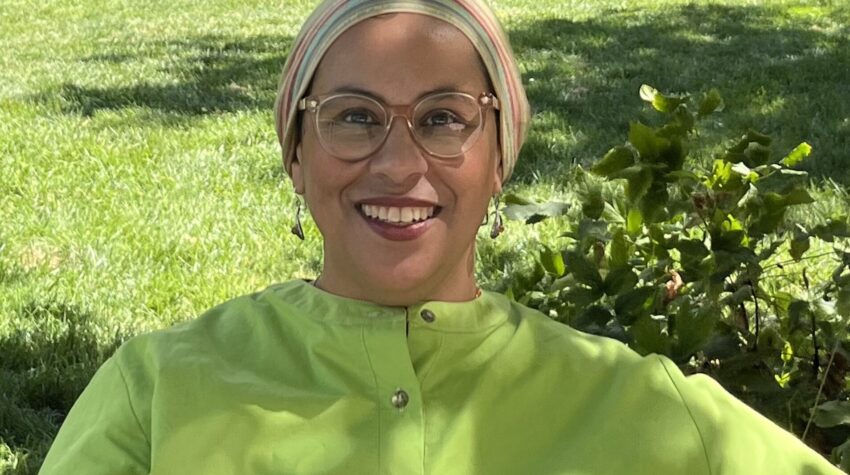
November 25, 2024ProgramVisiting Fellowship Alumna Launches Muslim Family Law Hub
Visiting Fellowship Program alumna Dr. Fatima Essop co-founded the Muslim Family Law Hub, an innovative platform that aims to educate and advocate for more equitable Muslim family law outcomes in South Africa
In South Africa, as in many other pluralistic constitutional democracies, Muslim minorities often find themselves at the intersection of two legal systems: state law and Islamic law. This unique position presents distinct challenges, particularly in matters of family law. Muslims must navigate the complexities of adhering to their faith-based practices while also complying with the country’s state legal framework. Unfortunately, this leaves too many Muslims vulnerable and exposed.
The Muslim Family Law Hub is a registered non-profit organization that aims to educate and advocate for more equitable Muslim family law outcomes in South Africa. One of the resources on the platform is a website designed to disseminate information about both Islamic and South African law on marriage, divorce, and inheritance in an accessible and easy to use format.
“The idea for the website originated during my fellowship at the Program on Law and Society in the Muslim World,” said Dr. Fatima Essop. Upon returning to her native South Africa, Essop co-founded the Hub as a digital medium to democratize access to information in one place.
The website hopes to provide guidance on how to harmonize Islamic family law principles with South African state law. A team of experts and advocates have rigorously evaluated the key questions that individuals may encounter in marriage, divorce, and inheritance and have provided answers on the basis of Islamic and South African Law. In the future, the Muslim Family Law Hub also plans to conduct workshops and seminars to discuss the challenges experienced by the Muslim community when navigating Muslim family law within the South African law context. “We hope to bridge the gap between these two systems of law, and to empower individuals and our community in the process,” Essop added.